
Discover the 3 Primary Sources of Truth in the Gospel of Jesus Christ
What do you do when you have a question about the gospel of Jesus Christ? Where do you go to find the truth?
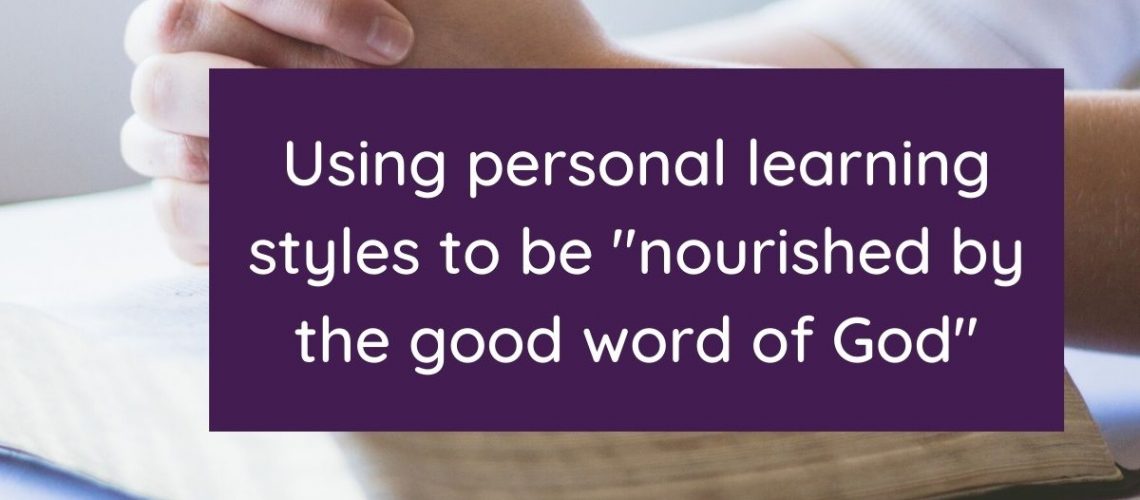
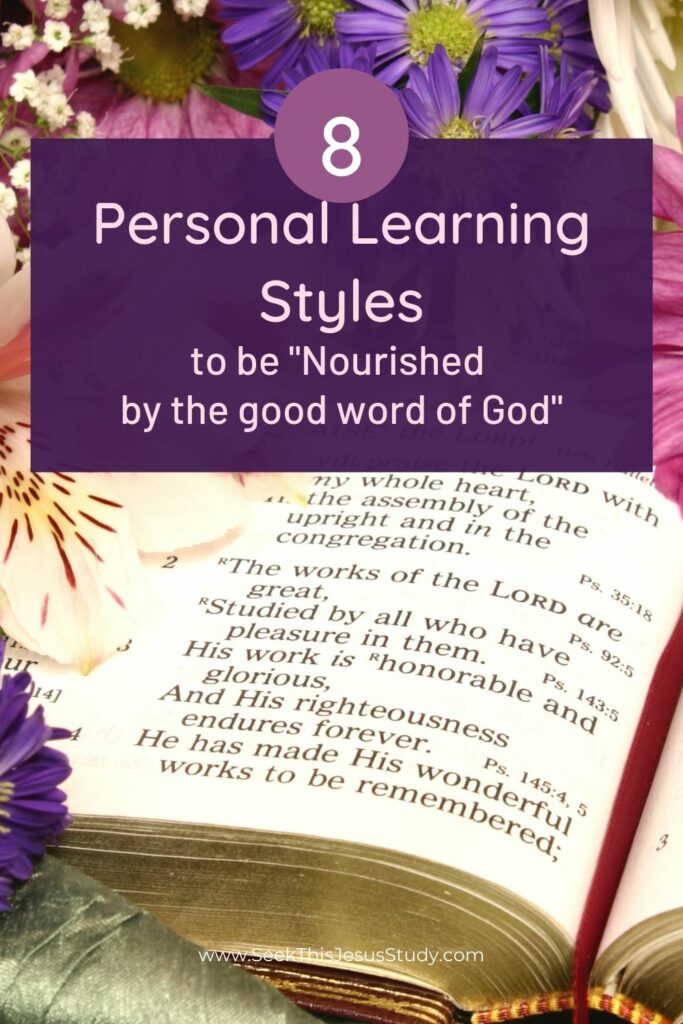
If you answered “YES” to any of the quesitons above–there is a simple solution. A solution that will help you feel more excited, more peace, and more hope as you build your relationship and connection Heavenly Father, Jesus Christ, and the Holy Ghost. A solution that help you get rid of the guilt and the feeling of being overwhelmed.
Are you ready to find out the solution?
I tell this to people all the time… Magic begins to happen in your personal and family scripture study when you find out your personal learning styles.
Knowing your person learning styles, and the learning styles of your family, can really help you find more joy in your gospel study and feel “nourished by the good word of God”. You will begin to look forward to learning, even if you only have a few minutes each day. Using your personal learning styles can add variety to your gospel study and make study time more enjoyable.
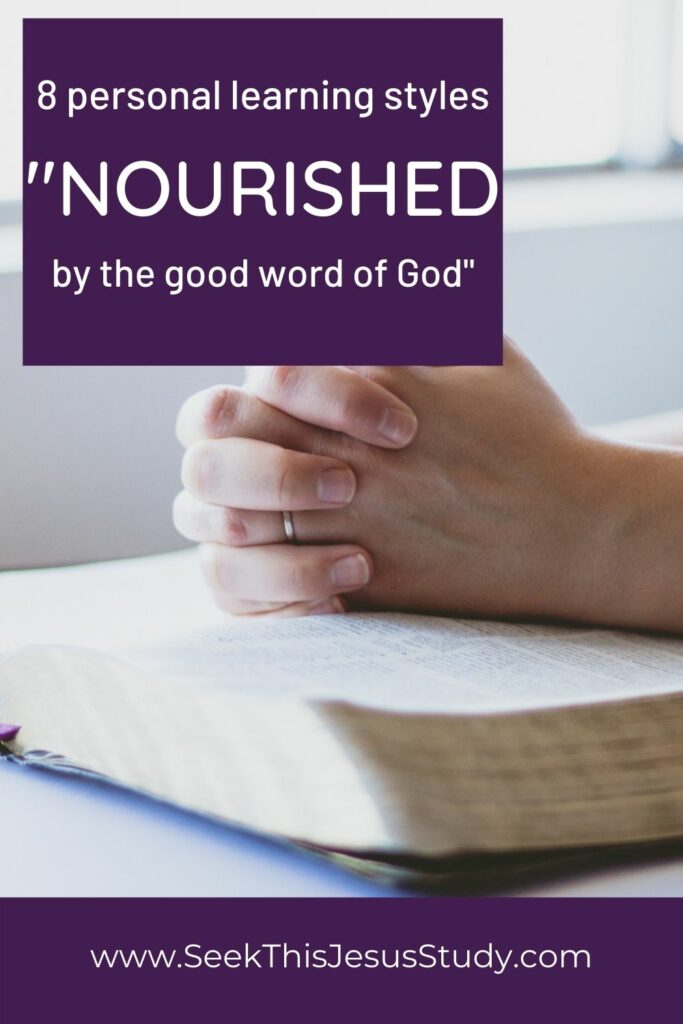
In short, Learning Styles or “Multiple Intelligences” describe how most of us learn. Intelligence is defined as “the ability to learn or understand or to deal with new or trying situations” (Merriam-Webster Dictionary). Howard Gardiner, a psychologist at Harvard University, identified eight “intelligences”. He found that each person can have one dominate “intelligence” –a way that people learn and understand information best and also rely on several additional intelligences while gaining knowledge (Howard Gardener, Intelligence Reframed, (New York: Basic Books, 1999), 41-48).
The most impactful learning happens when several intelligences are incorporated simultaneously.
SOCIAL (Interpersonal) Learners love people. They love to interact with others and LOVE to talk. They loving working on group projects and discussing what they are learning in groups. Social learners can relate to the thoughts and feelings of others in the scripture very easily and love when conflicts are resolved. Finding ways to share with others what they are learning by making comments in a gospel class, on social media, during phone conversations and while talking to family and friends are other characteristics of social learners.
To incorporate the social learning style into your scripture study, you can find a group of people to study a specific topic. As a teacher, you can make small groups of 4-5 people to discuss a specific question together. You can start a social media account to share scriptures you love or follow other account and write positive comments. You could do a “Character Study” of a person in scripture, paying close attention to how they interact with others and how they resolve conflict in their story (ex. study Sariah and try and understand why she is mourning and complaining so much while her sons are sent back to Jerusalem in 1 Nephi 5. How did this experience change her?)
INDIVIDUAL (Intrapersonal) learners enjoy journaling and personal reflection. They like to ponder and study by themselves. They set personal goals and relate the things they are learning to their personal experiences. They like to be alone to process their thoughts and feelings. Individual learners like to have a dedicated, personal area to study.
While studying scriptures, gospel topics or General Conference talks Individual learners can find a specific quiet area to study every day. They could use a scripture journal to record thoughts and impressions while studying. While reading, insert your own name so you can easily liken the scriptures to yourself. While pondering, record personal experiences that are similar to the situations and people you are studying.
HANDS-ON (Kinesthetic) learners love using their hands. They love to move and have a hard time sitting still. Hands-on learners like to build things and use their hands. They like acting, dancing and sports. They also use their sense of taste and smell to learn.
To include the hands-on learning style into your scripture study, you could listen to the scriptures or a conference talk while walking or exercising. You can also act out the stories or build a model of something you are reading about (ex. fortifications Captain Moroni build to protect cities, Jaredite barges, the temple, etc.) with blocks, popsicle sticks or clay. Kinesthetic learners can chew gum while studying or hold a pencil in their hand while reading. Hands-on learners can search for object lessons online to teach the doctrines or principles they are studying and teach using the object lesson to their family or class.
BOOK (Linguistic) Learners love reading, writing, and listening. They learn from lectures, note taking and summarizing what they are learning. Book learners love words— their definitions and origins. “Traditional” school settings have always catered to this learning style.
While studying the scriptures, book learners can write questions and search to find the answer to their questions. They can prepare talks about a specific gospel topic by reading or listening to General Conference talks on the subject as well as scripture on the topic. Memorizing key scripture or quotes comes easily for book learners.. They can find the definition of words they are reading to understand them better. You can also read a verse of scripture and then write it again in your own words.
All learning styles use the BOOK (Linguistic) Learning style to acquire the scripture text by reading or listening to them. In short, all learning styles rely on the Book Learning— a style we all use all the time.
STEM (which stands for Science, Technology, Engineering, and Mathematics or Logical-Mathematical) Learners are very good at science and math. They are very logical, organized and solve problems. They like to put their learning into categories to organize their thoughts.
When studying the scriptures, STEM Learners can look for numbers and learn more about numerology (which is number symbolism— the number seven means perfection— the earth was created in seven days, seven days in a week, etc.). They can set a specific time and space to study. You can also look for lists (qualities of great missionaries in D&C 4) and color code your scripture by topic or theme. While reading, you can create timelines of events to enhance your studies also.
MUSIC (Musical) Learners enjoy listening to and/or playing music. Music learners learn and memorize information when it is set to music. These learners like to perform and are always tapping out rhythms.
To incorporate music in your scripture study, you could play instrumental music while reading the scriptures. You can also put a verse to music to memorize a scripture. You can study the lyrics to a hymn or song that relates to what you are studying or write your own song.
NATURE (Naturalistic) Learners love being outside, hiking, yard work and gardening. They are concerned about caring for the Earth and recycling. They love animals and plants. They enjoy stargazing and science outside.
While reading scriptures, Nature learners can listen to a General Conference talk or the scriptures while doing yard work outside or while on a hike. Naturalists can read their scripture outside. They can also pay attention to plants, animals or land forms (ex. mountains, valleys, rivers, bodies of water, etc.) mentioned in the scriptures. They can collect objects in nature to remind them of scripture stories or lessons they learn in the scriptures.
VISUAL (Spatial-Visual) learners are really good artists. They enjoy drawing, painting, doodling and/or sculpting. These learners love movies and learn a lot from watching others. They understand maps and can visualize the things they are learning.
Visual learners can use scripture journaling in a wide margin scripture along with drawings or stickers to enhance their learning. They can use many different colors to underline and highlight their scripture also. Creating artwork or maps to represent what they learn from the scriptures are a few more activities Visual learners enjoy. You can also watch the Bible videos (also “The Chosen” series), Book of Mormon videos, and Church History videos to help you visualize the stories you are reading.
When we find out our personal learning styles, we can find ways to help us study our scriptures, General Conference talks, and Come Follow Me in a way that speaks to our heart and mind. We can feel nourished, filled, and fulfilled.
The 8 learning styles (or Multiple Intelligences) can change the way you study and the way you teach your children or classes at church.
The “Learning Style Inventory” will help you discover your personal learning styles plus give you over 100 ways to study the scriptures using your personal learning styles.
Identify your learning styles and find joy in your scripture study
Thank you for joining my email list! I can’t wait to spoil you and promise to keep your email address private!
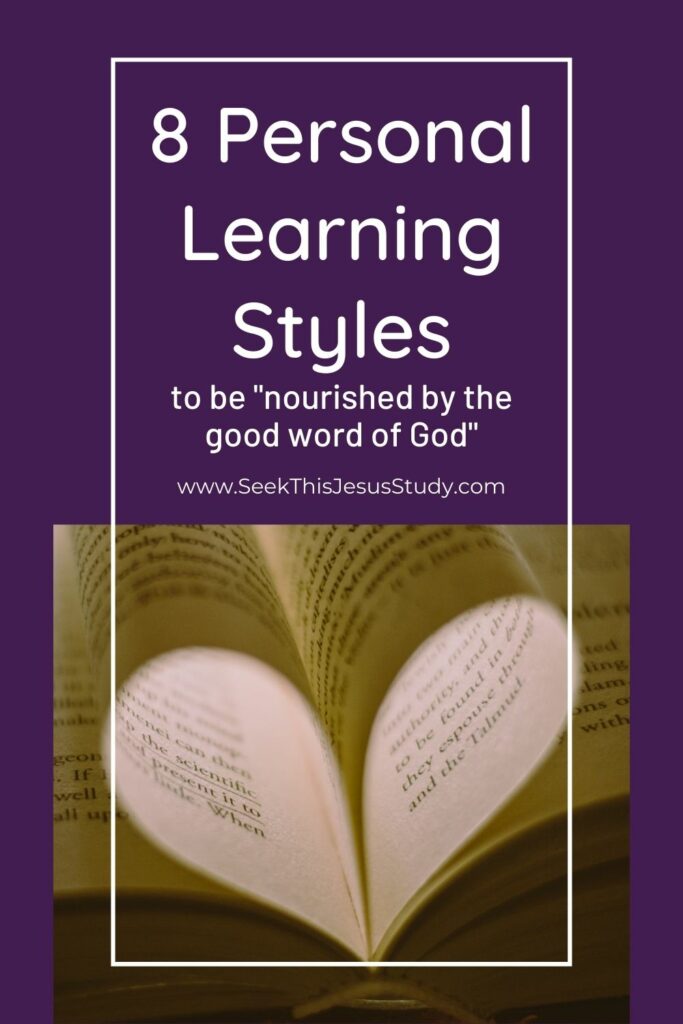

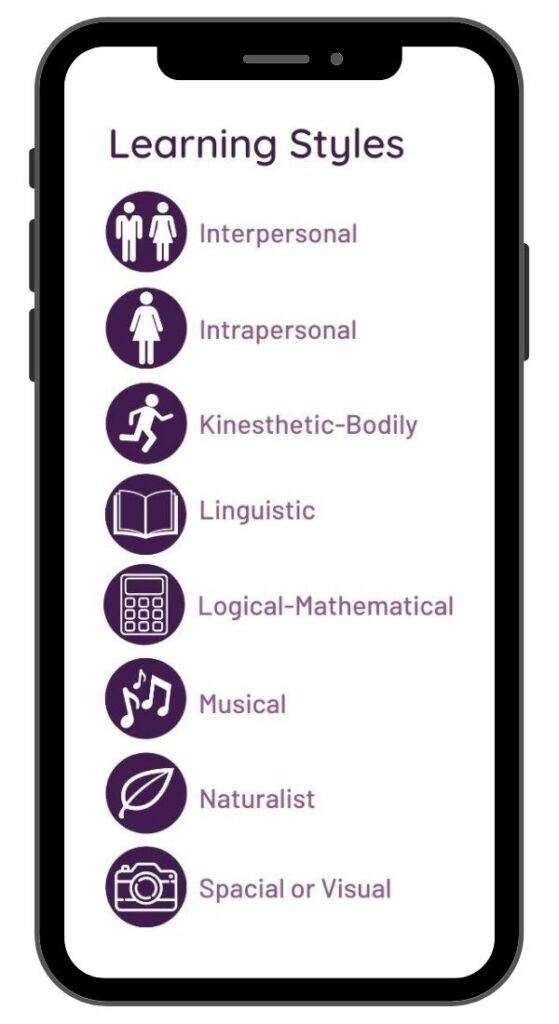

What do you do when you have a question about the gospel of Jesus Christ? Where do you go to find the truth?

Are you ready for General Conference? I always get so excited the week before Conference. Today, I want to share some ideas to help

40 Day General Conference Challenge DAY 40 “It Is Wisdom In The Lord That We Should Have the Book of Mormon” by Mark L. Pace

40 Day General Conference Challenge DAY 39 “Temples, Houses of the Lord Dotting the Earth” by Neil L. Andersen QUOTE ABOUT JESUS CHRIST: “The Lord

40 Day General Conference Challenge DAY 37 “Opposition In All Things” by Mathias Held QUOTE ABOUT JESUS CHRIST: “Let us always be mindful of our
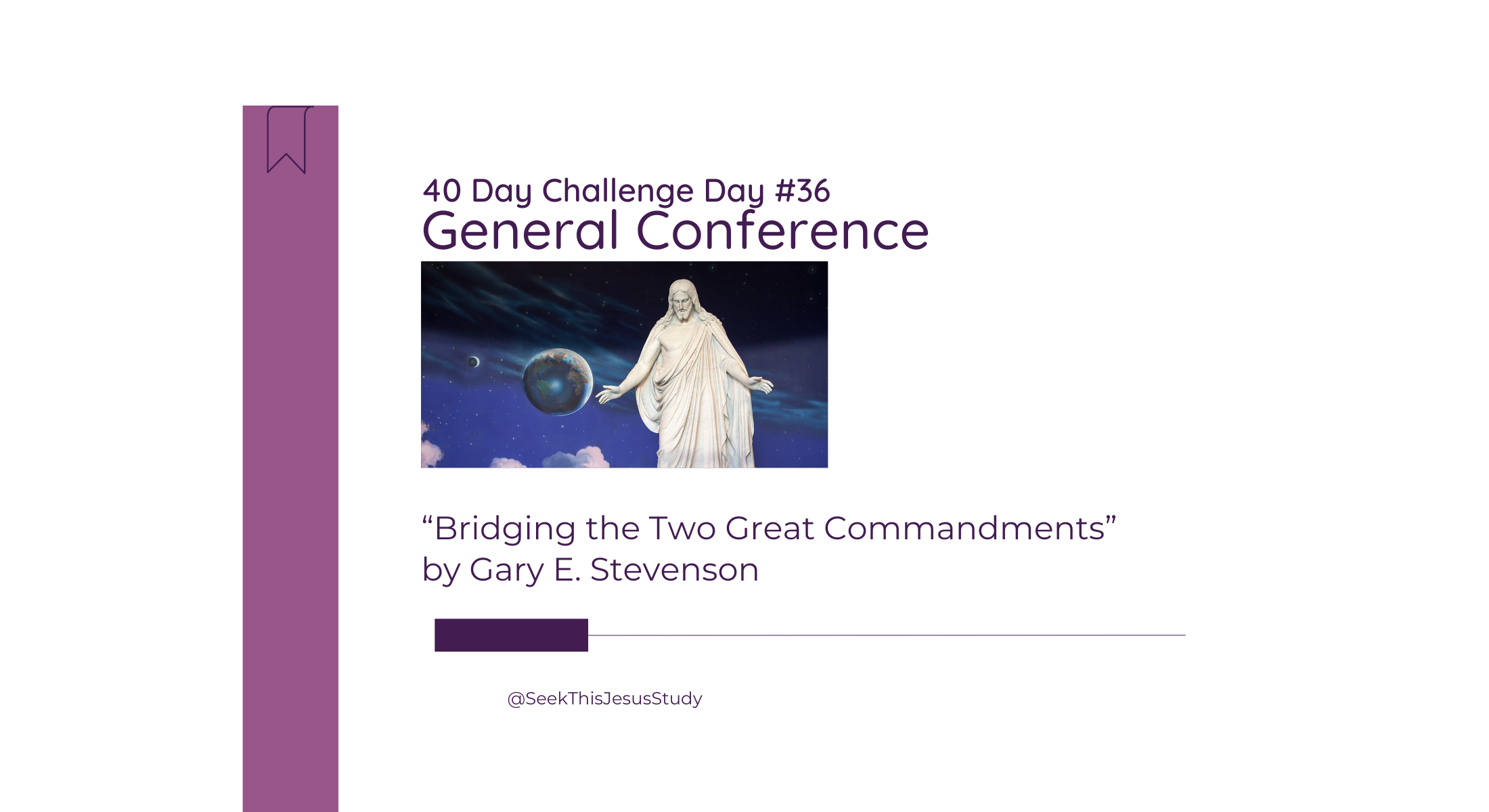
40 Day General Conference Challenge DAY 36 “Bridging the Two Great Commandments” by Gary E. Stevenson QUOTE ABOUT JESUS CHRIST: “We build our personal spiritual
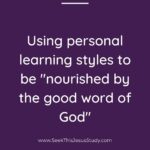
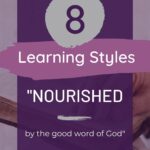
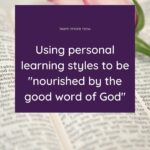

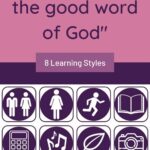
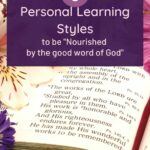
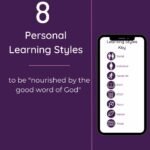
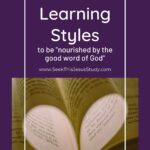
Identify your learning styles and find joy in your scripture study
Thank you for joining my email list! I can’t wait to spoil you and promise to keep your email address private
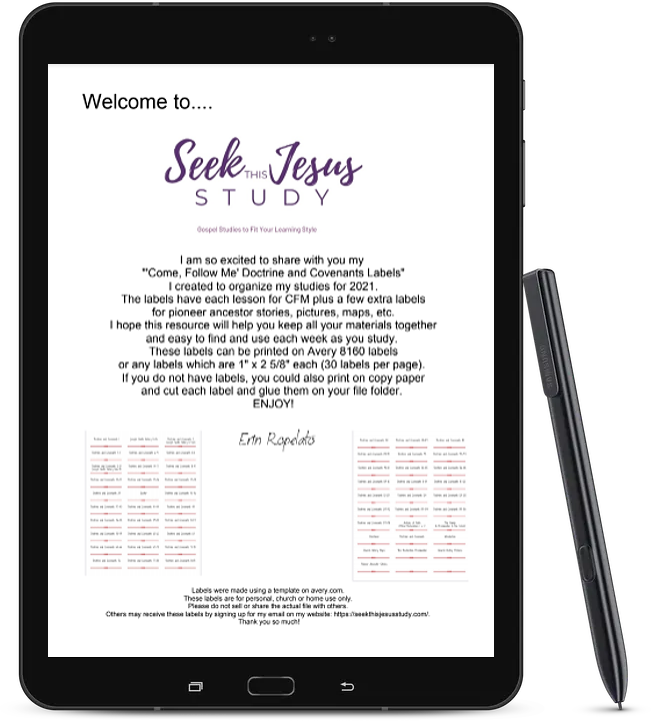
Keep all your materials together and easy to find and use each week as you study.
I will send you regular emails designed to help you love your gospel study. No spam. Promise.